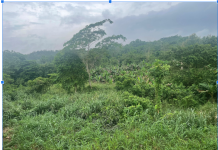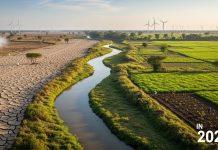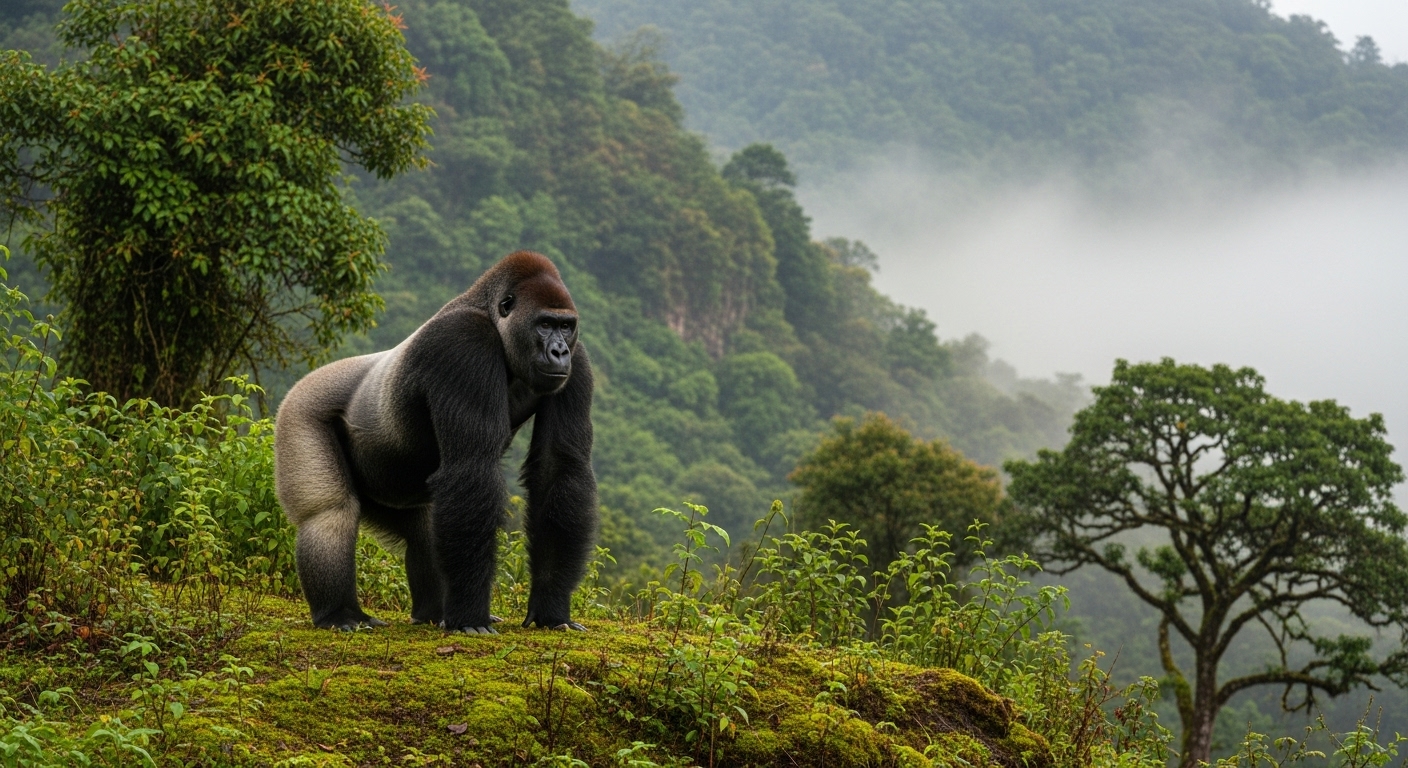Hidden deep in the misty forests along the Nigeria-Cameroon border lives a shy and rare giant; the Cross River gorilla. With fewer than 300 left in the wild, they’re one of the most endangered apes on Earth. Their survival hangs by a thread.
These gorillas are not the big, bold ones you see in nature shows. They’re smaller than their lowland cousins, with darker fur and a secretive way of life. They live in rugged, steep areas, such as the Afi Mountain Wildlife Sanctuary and the Mbe Mountains in southeastern Nigeria, places that are not easily accessible to humans. And honestly, they prefer it that way.
Why Are They Disappearing?
Their biggest enemy isn’t just one thing; it’s a combination of threats that’s been growing for years.
First, there’s deforestation. Trees are being cut down for farming, roads, and development. As forests vanish, so do the gorillas’ homes. They’re left with fewer places to eat, sleep, or move around.
Then there’s poaching. While gorillas aren’t usually the primary targets, they get caught in traps or hunted for bushmeat. But some former hunters are now working to protect them, thanks to education and community programs.
Climate change is exacerbating the situation. Weather changes are affecting the forest and reducing the wild fruits these gorillas need to survive.
Recent studies indicate that Cross River gorillas now inhabit small, isolated forest patches. That’s a big problem. Without safe forest paths connecting these patches, the gorillas can’t find mates, escape threats, or grow healthy families.
What’s Being Done?
The good news is, Nigeria hasn’t given up. Groups such as the Wildlife Conservation Society (WCS) and the Nigerian Conservation Foundation are collaborating with local communities. They train forest patrols to protect the gorillas and their nests. In some villages, people have become “gorilla guardians,” tracking the movements of these primates and planting native trees to help rebuild lost forests.
One major success? Conservationists recently helped link patches of forest across the border into Cameroon. This new wildlife corridor provides gorillas with more room to roam, a small but significant win.
Cross River National Park is another safe zone for the gorillas. However, illegal logging remains a significant problem, and forest rangers require additional support and funding.
Why It Matters
Cross River gorillas help forests thrive. As they eat fruits and scatter seeds, they keep the forest healthy and growing. These forests also help combat climate change by storing large amounts of carbon.
What Can You Do?
You can help keep these gorillas wild and free.
- Support groups, such as WCS or local conservation teams.
- Share their stories, awareness brings action.
- Say no to bushmeat, especially if you live near these forests.
- Support tree planting and eco-friendly farming in your area.
Protecting these gorillas requires time, money, and dedicated individuals who care. But from local villagers to scientists and everyday people like you, there’s a growing army of hope.
Let’s not wait until these amazing creatures are gone to realize how much they matter. The time to act is now.























